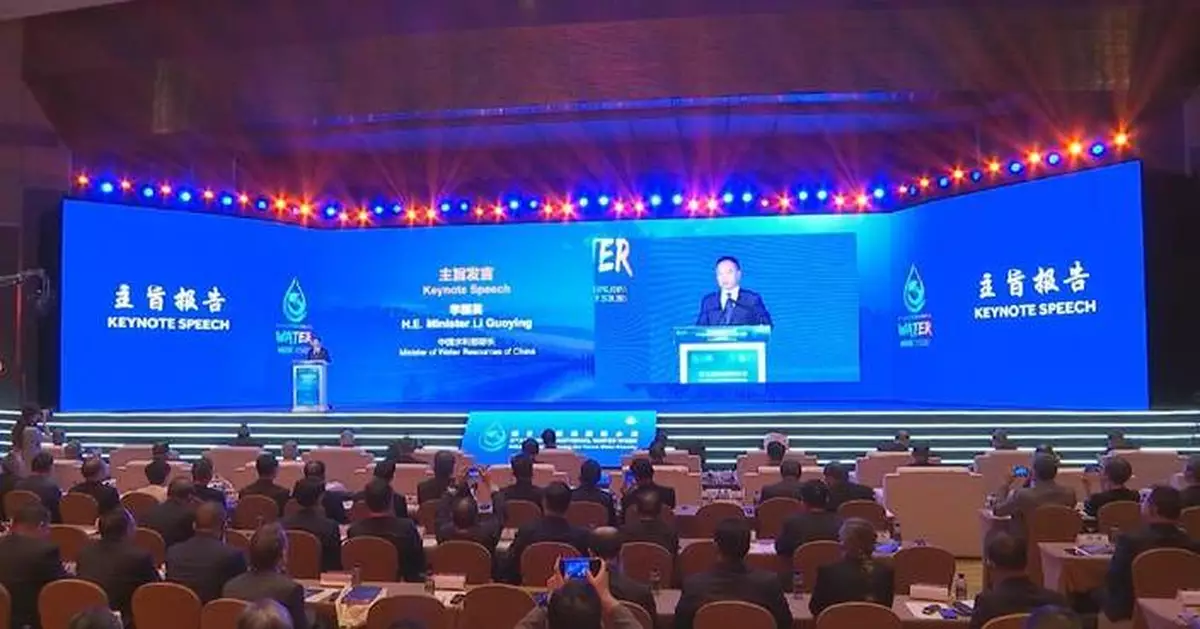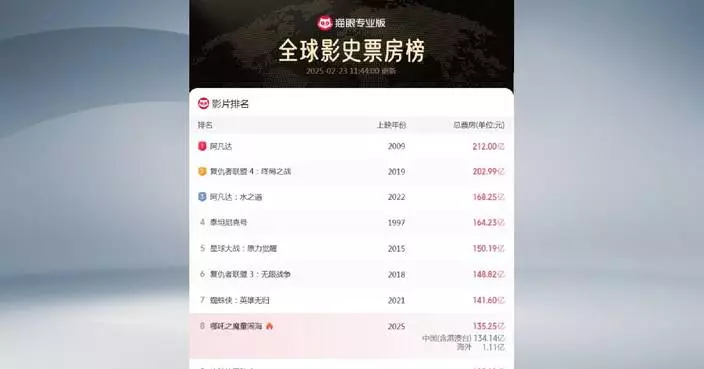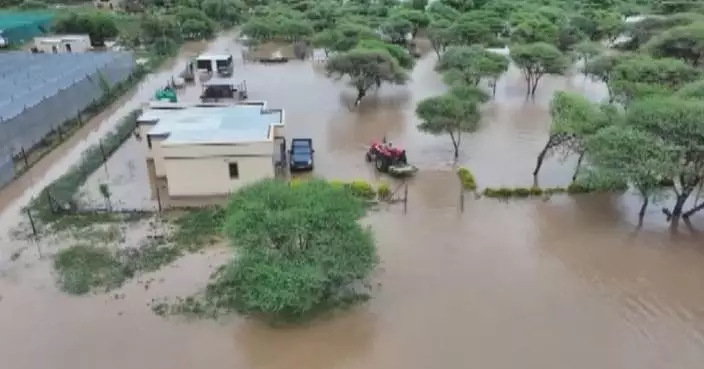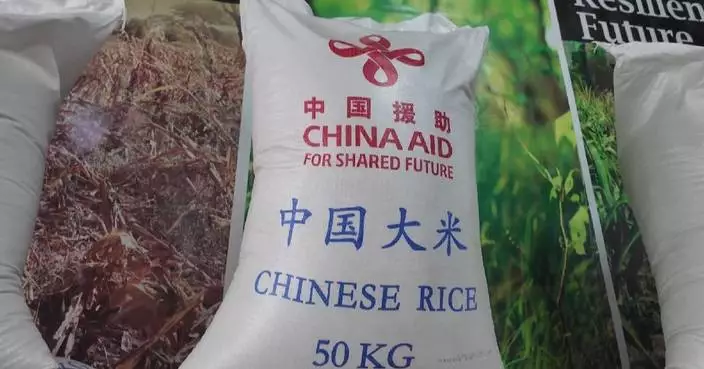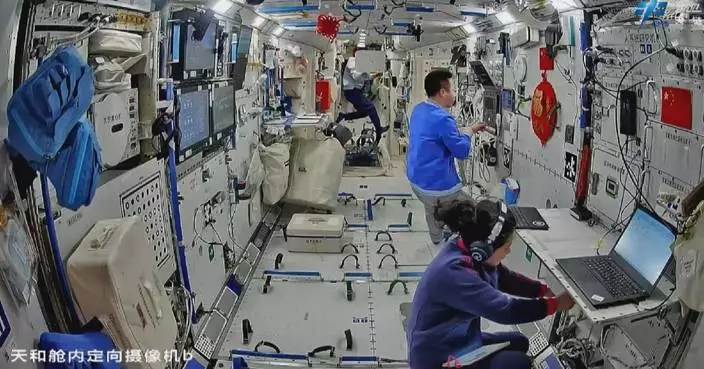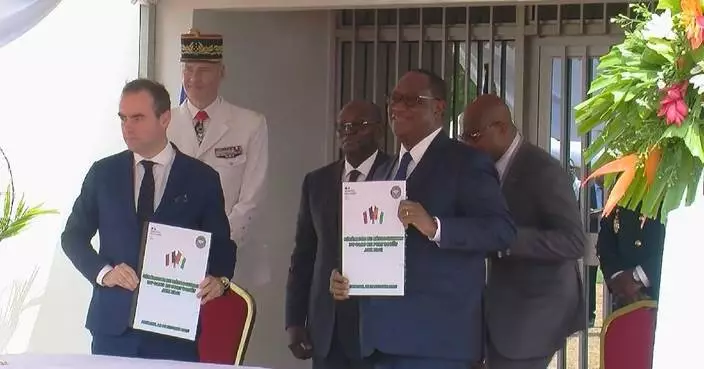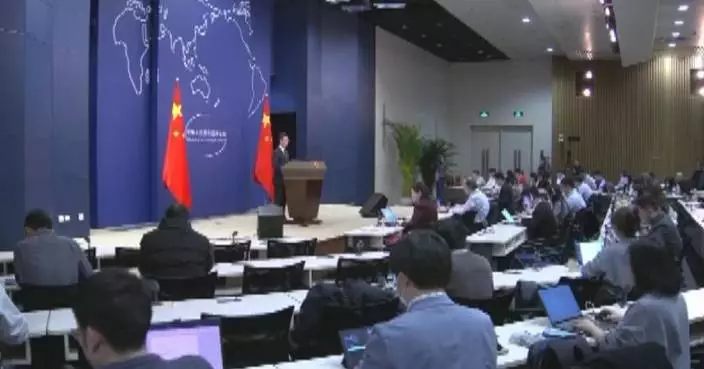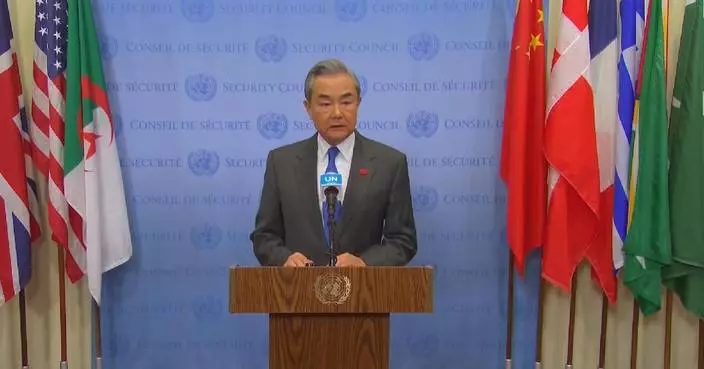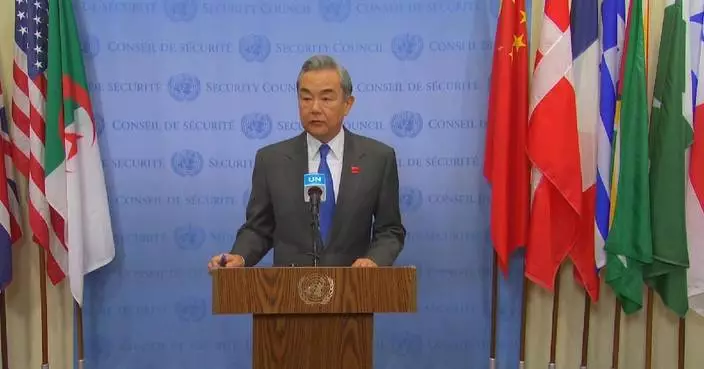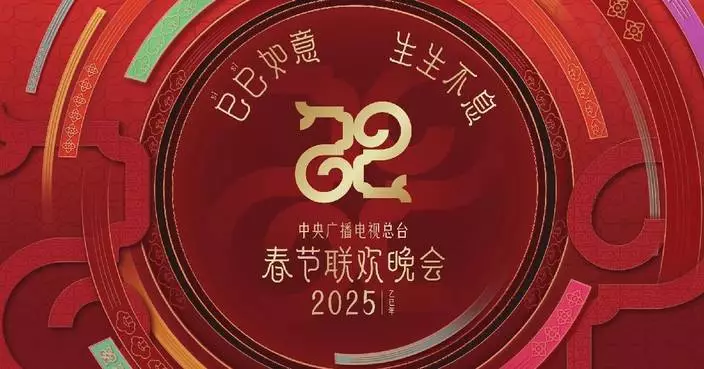The third Asia International Water Week (AIWW) opened in Beijing on Tuesday, bringing together participants from around the world to share insights on global water security amid current environmental challenges.
Officials and experts on water-related issues from 70 countries and regions have gathered for the five-day event to explore new strategies and solutions for water security challenges.
Global water security is threatened by the dual impact of climate change and human activities, putting people's wellbeing and prosperity at risk.
In a speech at the event, Li Guoying, China's minister for water resources, shared China's water management experiences in areas such as flood control and smart irrigation, and expressed the nation's commitment to deepen cooperation with the international community on water security issues.
"We are willing to work together with all countries and international organizations, under the guidance of the Global Development Initiative, Global Security Initiative, and Global Civilization Initiative, to jointly promote future water security. Together, we will make efforts in achieving water-related targets of the UN 2030 Sustainable Development Agenda," said Li in his keynote speech at the AIWW's opening ceremony.
China provides water for nearly one-fifth of the global population and generates over 18 percent of the world's total economic output with only six percent of the planet's freshwater resources.
China is also a flood-prone nation and this year was able to store or divert over 140 billion cubic meters of floodwater nationwide to protect people's lives and property.
"We are very, very interested by the Chinese experience concerning water security at a global level and river security also. And we need the experience of Chinese colleagues, Chinese experts to provide this expertise in the world, which needs a lot of innovation, governance, and financing solutions for water," said Loic Fauchon, president of the World Water Council.
A joint statement, the 'Beijing Declaration', was released at the opening ceremony calling for concerted efforts to address water issues arising from climate change, rapid urbanization, and population growth through innovation, collaboration, and knowledge-sharing.
In addition to Asian countries and regions, delegations from Europe and Saudi Arabia are also attending this year's AIWW. Participants are expected to strengthen water-related cooperation and exchanges across various sectors with China throughout the week.
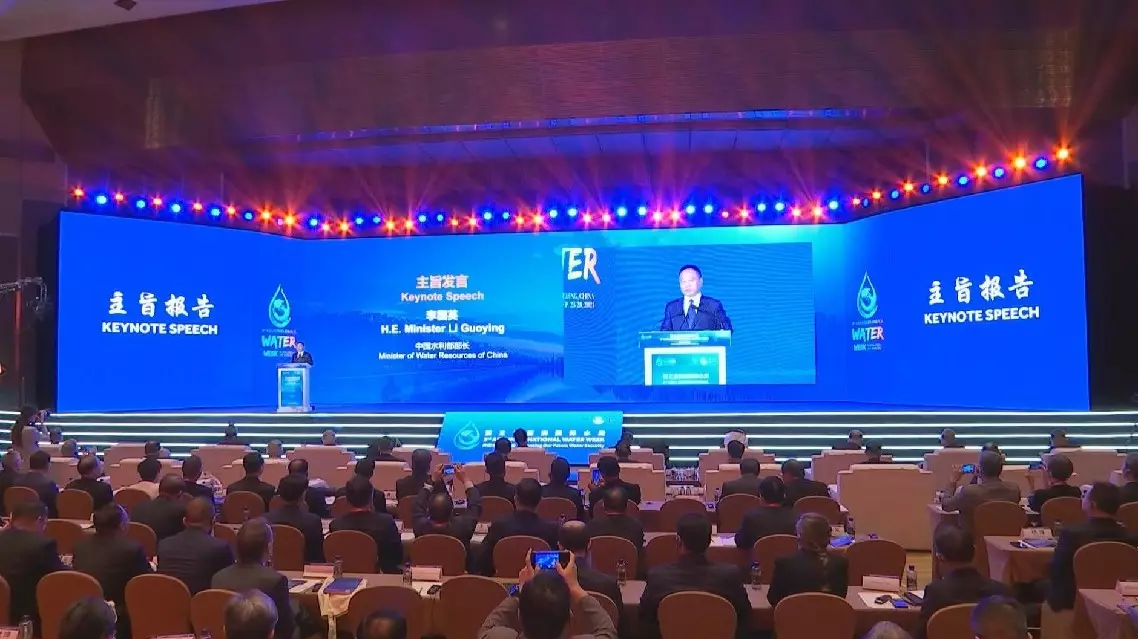
Third Asia International Water Week opens in Beijing
China's ice and snow tourism has experienced booming growth during the 40-day Spring Festival travel rush which just concluded on Saturday.
Data from Tongcheng Travel, an online travel service provider, shows that hotel bookings surged by over 40 percent year on year in many popular winter tourism destinations in northern China, including Altay and Yili in northwest China's Xinjiang, Qitaihe in northeast China's Heilongjiang and Xilingol League in north China's Inner Mongolia.
The ice and snow fervor fueled by the Asian Winter Games, which were held in the "Ice City" of Harbin from February 7 to 14, has spurred economic growth and boosted tourism in the city and surrounding areas. As a result, domestic flight bookings for Harbin increased by over 20 percent year on year. Hotel bookings in the city rose by about 60 percent compared to the same period last year. Meanwhile, the total number of inbound tourists has seen a year-on-year increase of over 144 percent.
In addition to the northern regions which are traditionally winter tourist destinations, many places in the south are also seeing growing popularity for winter activities. The search volumes of ice and snow-related consumption more than doubled in places like Shanghai, Zhejiang and Guangdong, according to data from Tongcheng Travel.
"The number of tourists had increased about 30 percent during the Spring Festival, compared to the same period last year," said Zhou Daochun, an employee of a ski resort in Zhejiang Province.
China's railway system had taken measures to deal with the ice and snow travel boom during this year’s Spring Festival travel rush with additional trains being operated between popular winter tourism destinations.
Meanwhile, local railway systems also cooperated with transportation authorities to open special trains that could carry tourists to experience winter sports and events, achieving seamless transfer among railway stations, bus stops and ski resorts.
In response to the surge in tourists heading to have fun with ice and snow in Shangri-La of southwest China's Yunnan province, local railway authorities operated special tourist trains that stopped in popular cities within the province, including Xishuangbanna, Kunming, and Dali. The trains then continued to Lijiang, where tourists could board a high-speed train that would take them directly to Shangri-La.
Xiamen in east China's Fujian opened an ice and snow-themed train to Harbin for the first time. The local railway station also launched tailored services for certain tourists to ensure their safe and smooth travel.
"We set up a designated area for tourist groups in the railway station's waiting area and assigned special personnel to help senior tourists, providing warm and secure services to ensure their comfort and safety," said Wu Zhenbin, staff working at the Xiamen North Railway Station.

China sees booming winter tourism during Spring Festival travel rush



